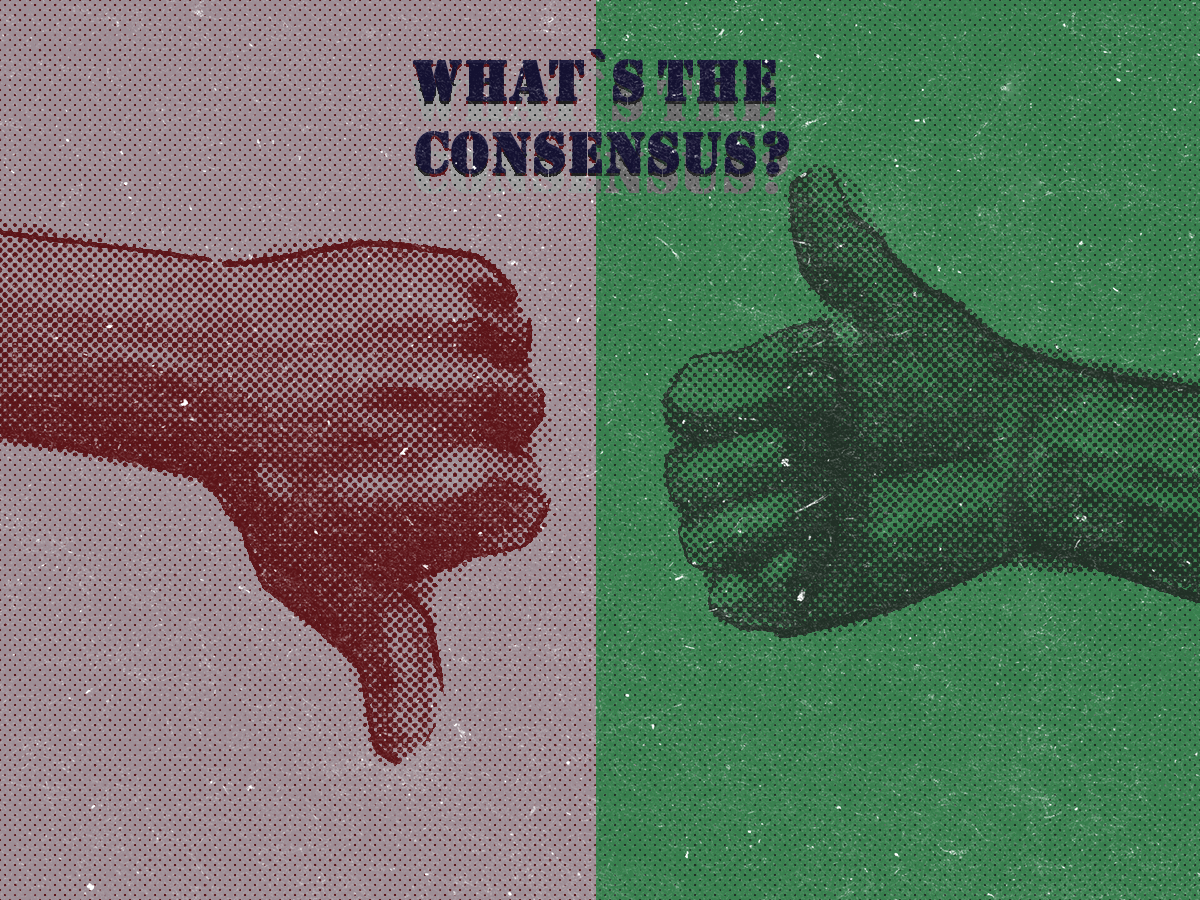We know it isn’t good for us, but do we care? Does smoking cigarettes still make someone cool?
A few weeks ago, I brought home a puppy. She’s cute as can be, sassy as can be, and, unfortunately for me, a canine vacuum. She will eat anything: leaves, rocks, you name it. The morning after my birthday party she threw up a piece of a balloon that I’m not even sure how she got a hold of. She was feeling celebratory I guess. But her favourite snack of all — the one she can’t seem to get enough of — is cigarette butts.
Having lived in Montreal for three years, I’m well aware that this is not the cleanest city in the world. I am even more acutely aware that, perhaps due to the city’s European influence, a great deal of its residents are cigarette smokers. I had just never realized quite how many cigarette butts are littered on our streets and sidewalks.
It’s left me wondering — my own dismay towards cigarette butts aside — is smoking cigarettes still cool?
The practice of tobacco smoking was, among other things, appropriated from Indigenous people by sailors returning to Europe from the Americas in the late 15th and early 16th centuries, according to Britannica. Over time, smoking began to be used less and less for medicinal and spiritual purposes, as it was originally intended, and more so as a symbol of wealth and elitism in western society.
While smoking did eventually become more affordable, the coolness factor brought about by the years it spent as something only rich people could do, took a good, long while to start wearing off.
It wasn’t until around the 1950s that research started suggesting a link between smoking cigarettes and lung cancer; since then, its popularity has slowly but surely declined. According to the University of Waterloo, nearly half of all Canadians were smokers in 1965, compared to about 15 per cent of Canadians in 2017. Despite that decrease, tobacco continues to be the number one cause of preventable disease and death in Canada, according to BREATHE, the Canadian lung association.
So, Concordians — smokers and non-smokers alike — how do we feel about cigarettes today? Is smoking still cool?
What’s the Consensus?
Click here to cast your vote:
https://the-city-concordia-u.involve.me/new-project-09ac-copy-copy
The results from each poll will be published in the following edition of this column.
Last time, we asked readers if they think that Concordia should have made vaccination against COVID-19 mandatory for returning to classes in person. The results: 46.7% said yes and 53.3% said no.
Feature graphic by James Fay
